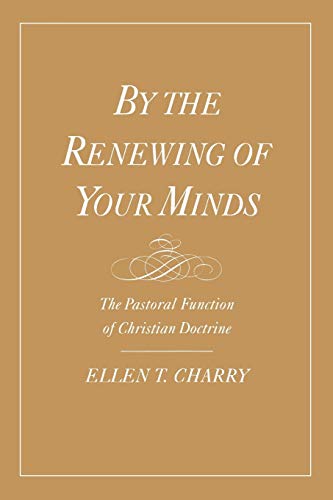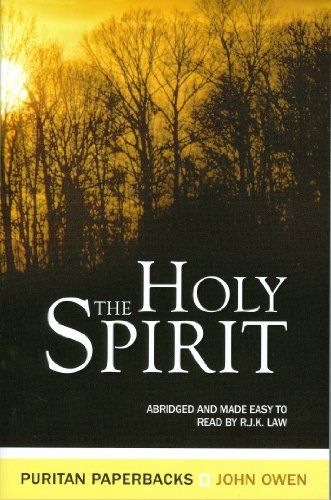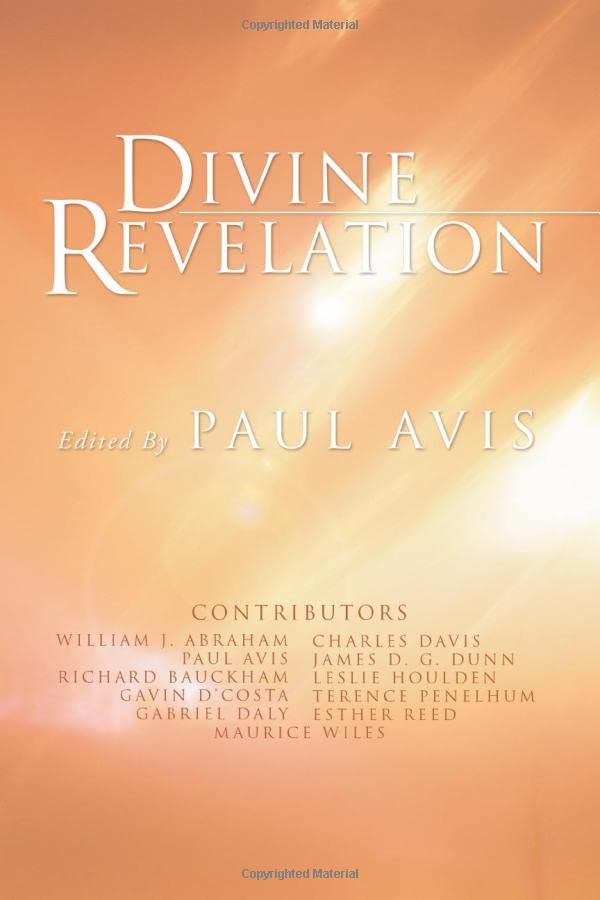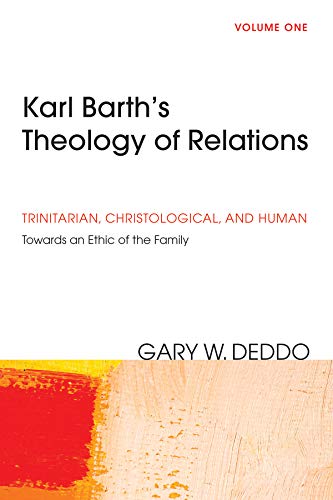By The Renewing of Your Minds, The Pastoral Function of Christian Doctrine
Written by Ellen Charry Reviewed By Robbie F. CastlemanBy the Renewing of Your Minds was released in paperback in October 1999 and deserves a reintroduction as a fine academic book that seeks to narrow the gap between the lectern and the learner; the pulpit and the pew; the head and the heart. Ellen Charry is Margaret W. Harmon, Associate Professor of Systematic Theology at Princeton Theological Seminary. Coming to embrace the Christian faith as an adult has marked Charry’s work with a passion and persuasiveness that is as refreshing in style as it is rigorous in scholarship.
Her premise, undergirded with careful historical data, is that doctrine is intended to be pastoral and that theology at its best is inherently a part of spirituality. Right thinking theology makes for a right living (virtuous in the classic sense) church. Charry makes her case for aretegenic theology through carefully exposing the pastoral intention of the church’s great theologians from the Biblical narrative in the Gospels, Paul’s canonical school of theology, through the patristic work of Athanasius, Basil of Caesarea, and Augustine of Hippo. She continues to make her case dealing with Anselm of Canterbury, St. Thomas Aquinas, and Julian of Norwich. Her summary of Calvin as a pastoral theologian is ‘must’ reading for anyone who under-appreciates the concerns of the Genevian’s heart for God’s people.
Her historical work creates a respectable platform for her final chapter on ‘Sapiential Theology’. What the reader learns in getting to this part is well worth the time it takes to get there. The final chapter is simply hard to put down. After a substantitive review of her historical thesis, she presents ‘limited conclusions’ for the task of Christian doctrine. She argues that today’s theologian has the same aretegenic purpose as those in her historical litany, never forgetting ‘that God was seeking to draw people to himself for their own good’. She maintains that each theologian, then and now, must seek to ‘unfold the mystery of God in order to bring people to know and love him and to live accordingly’. She asserts that ‘Christians have suffered at the hands of theologians who lost sight of God’s respect for us even in our sinfulness, and portrayed God as implicitly approving of our suffering and self-abasement’.
In an astonishing sentence that mitigates against the politically correct atmosphere of academic tolerance which turns a blind eye to inconsistency and irrational inclusiveness, Charry declares, ‘Those who conclude that the Christian tradition is useless or irredeemable harmful cannot in good conscience be Christian theologians’. She continues her argument with passion,
In a culture in which moral categories are empty, to link truth and goodness seems precarious. If goodness has no clear content, how can one argue that goodness is a norm of truth? But Scripture as a whole—and the Decalogue, the Sermon on the Mount, and the story of Jesus Christ in particular—should protect Christians against the moral neutrality of our day.
Charry’s book will contribute to the very thing she wants to see revived in the education of the church’s theologians, from scholastic ivory towers to Sunday schools in the local church, theologians thinking of themselves as ‘pastors helping people find their identity in God’.
Embedded in Charry’s careful academic argument are common axioms and colloquial phrases that wake the reader up while wading through seventeen centuries of Christian theology. I think she sprinkled non-academic language throughout her text to illustrate her commitment to unite head-heavy theology with the readers heart. When I asked Ellen about this observation—to test it’s legitimacy before including it in this review—she smiled broadly and exclaimed, ‘Oh, you noticed! Yes, exactly. Theology is good for us, who we really are and how God really loves us.’
By the Renewing of Your Minds will contribute to Paul’s concern that we will once again discern the will of God as good for us, acceptable and perfect for himself. Theology may once again serve the pastoral function of being good for the people of God.
Robbie F. Castleman






